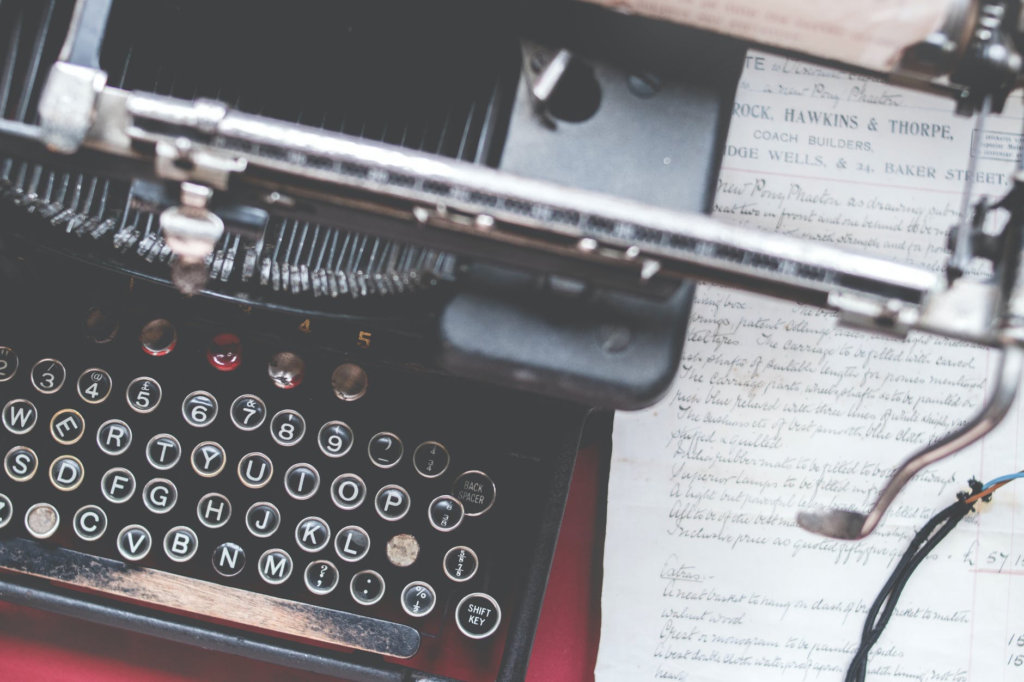PSEUDOSTUDYING VERSUS ACTUAL STUDYING
You read hours on end for this test.
You even used several study materials and spent the whole night watching videos trying to understand the concept. However, you just can’t answer any of the questions on that topic on test day.
Sad to break it, but you might have been ‘pseudo-studying’.
Many students actually believe the longer they spend ‘studying’ (or the more effort they put into it), the better they’ll do in class and the better their grades will be. But that is absolutely incorrect.
In fact, when you’re trying so hard to just cover the study material over a short time, you’re more likely to fall into the trap of pseudo-studying, which is basically reading the material but not really taking in the information.

PSEUDO-STUDYING- the act of ‘just sitting there with the appropriate materials present and doing something irrelevant’, like listening to music, joining conversations, zoning out, thinking or even worrying. You’re studying to just feel productive but your mind really isn’t there.
This could also mean continuously going over information you already know or isn’t that necessary for your success in that class (certain textbooks, videos and extra notes that are not high-yield knowledge).
Or taking well-written and organised notes for hours on end without actually studying or doing hours and hours of research on a topic or assignment before starting to study it at all.
You’re getting the picture now, aren’t you?
And this doesn’t apply to studying alone. There’s this ‘action faking’ phenomenon generally used with productivity and effectiveness- thinking you’re making progress when you’re really not. This illusion of progress is really a lethal -and addictive- form of procrastination.

So how do you avoid pseudostudying and make sure you’re actually studying in the most effective way possible?
Write every thought down: I know for one that I’m prone to making mental plans while studying- maybe I’ve remembered someone I have to write or I’ve got a new idea for work…
I just get a note beside me and write down any random/stray thought that come to mind during that study period. This way, I don’t worry that I’ll forget and I know I can just revisit it or simply do it later.
Stay in a conducive study environment: Distractions. If you’re studying or trying to do deep work in a place full of them, you’ll end up not doing any real work because you’ll constantly get called out of your flow and you’ll waste all that time doing surface work.
So why not make the most of your study time? Study where there are minimal potential disturbances and when you don’t really need much concentration on the task, you can stay anywhere.
You can also try working when you know there’s little activity around- early in the morning or late at night; or in a coffee shop where you don’t know anyone- if you don’t mind the busyness.

Avoid multitasking: After much internal turmoil (because I love to do everything at once), I’ve finally agreed multitasking might not be effective in the long-run. And it’s true.
Don’t browse, chat, scroll, sing or watch a movie at the same time as you’re reading. Only study with songs without lyrics (or with lyrics you don’t know or in a different language).
If you don’t really need your phone, keep it away. Or put it on certain Work or Personal ‘Do Not Disturb’ modes to avoid distractions from notifications etc.
Engage actively with the text: Really think about what you’re reading. Don’t just highlight or underline text mindlessly. Rereading the text, doodling on the page, rote memorisation etc. can help but are not effective enough.
Construct meaning from your material. Make connections between this new information and previous knowledge or between different subtopics- create concept maps.

Practice active recall: Regularly ask and answer the test questions. Distribute your studying and find out if you actually remember what you’ve learnt. Discipline yourself to extract the information from memory as often as possible so you’re prepared for test day.
Finally, be sincere with yourself. Avoid tasks that don’t affect your grades in a subject, especially if they don’t also add to your knowledge of necessary concepts.
Stay conscious while studying so you can get back on track when you catch yourself slacking.
Don’t just be busy doing nothing. Spend quality time studying so you can have enough time to do the things that are truly important to you🤍.

All I can say is ‘wow’.
You did not only point out reading challenges but how to overcome them.
Thank you for such useful and relatable tips!
Coffee shop huh? 😉
Thank you so much, really helpful tips
I actually wanted to read more, to know more✨
So much value, given in one post
This quest to be productive and effective sometimes can be a problem when we grade it by the hours spent doing the task
What got to me was the sincerity with self
How we consciously read like a pro things outside the scheme for the semester😂😂
Thank you so much for giving value
Anticipating the next one😁😁
Thanks this is positive
This is relatable and you dropped helpful tips. Thank you!
Thank you. I really enjoyed this. The “Make connections” point really got me. Forming connections while studying is really important and underrated. Thanks again.